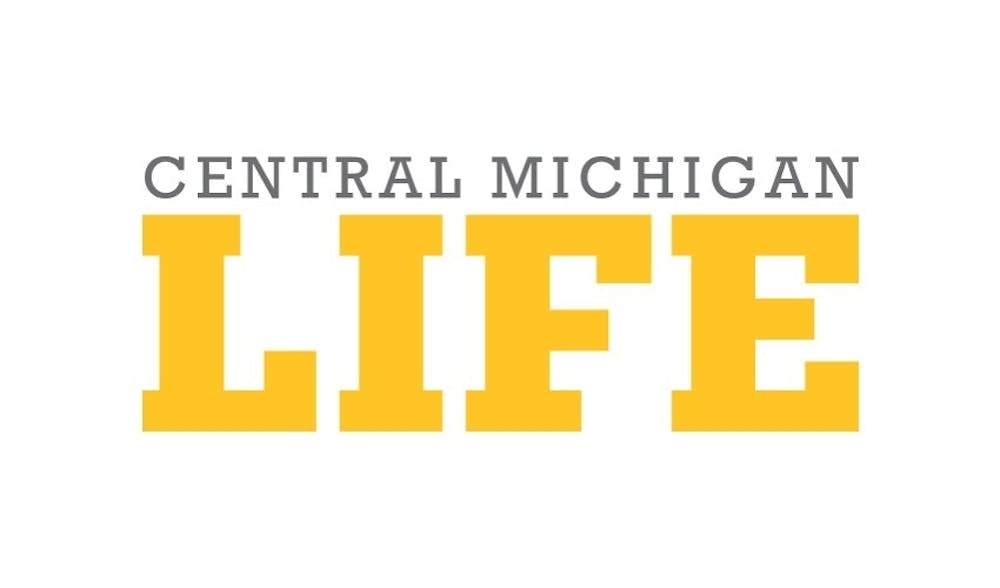University Health to offer monthly free STD testing
As an HIV counselor, Lori Wangberg often hears students mention reading about sexually transmitted diseases symptoms online.
They “just know” they have it and get “worked up," she said.
Health Services will begin offering free STD testing every third Wednesday of the month in Foust 205 starting Jan. 18.
Wangberg, a health educator and HIV Test Counselor at University Health Services, said the STD testing process helps calm those fears and gets questions answered by professionals instead of “just a random person on the internet,” she said.
“Prices can be a barrier for students. Another barrier is a lot of students are on their parents health insurance, so they’re more reluctant to get tested,” Wangberg said. “They don’t want their parents to know, even if (the students are) adults making their own decisions.”
STD testing is offered on other days for a cost.
The Health Department received a grant for the outreach program and, through a partnership, extended the program to CMU, said Erik Robinette, Director of Faculty Group Practice.
No additional funds flow through the clinic as all aspects of testing, resulting and reporting are the responsibility of the Health Department.
“It’s been a couple of years since we had free testing,” Wangberg said. “We were able to get it approved late in the fall semester. We’re hoping it’ll be an ongoing thing, but we aren’t sure money-wise.”
Center for Disease Control recommends annual testing for sexually active students, but Wangberg said the frequency should increase if they have multiple or anonymous partners.
According to the Center for Disease control, the most common STDs exchanged between students is chlamydia, HPV and herpes.
Wangberg said students don’t get tested often enough — a problem she doesn’t understand with the amount of clinics in the area.
“Everything is confidential when you go into a clinic, but there may be that misconception that someone will find out. Something cool about the testing is that when they come in, they don’t only get tested for STD’s, but you get educated,” she said. “It’s about assessing risks and educating (students) so they make better choices. It’s not judgemental.”
Standard testing procedure begins with a student filling out paperwork on their sexual history to determine their risk factors. Once completed, the student sits down with a nurse to ask questions, discuss the last time they had unprotected sex and how to be safer in the future.
STD testing is “client-centered,” said Wangberg, meaning students’ questions are answered personally. Once that component is done, the students undergo a blood or urine test.
“(Good STD prevention is) getting testing done. It’s free now, so you get your personal risk assessed during that time. You’ll be told what may cause you to be higher risk,” Wangberg said. “The other thing is taking care of yourself and thinking of long-term effects of not taking care of (your health). You’re the person who has to take care of yourself, which is important to remember.”
The best STD prevention is education and proper protection, Wangberg said.
Without the barrier of transportation and costs, Health Services are hoping for an increase in students getting tested.
“This is not the first time this type of service has been provided by the Health Department, and (we) understand that past efforts were well received and utilized,” Robinette said. “Offering free testing allows patients yet another way to be able to access care when they have no insurance or underinsured.”




